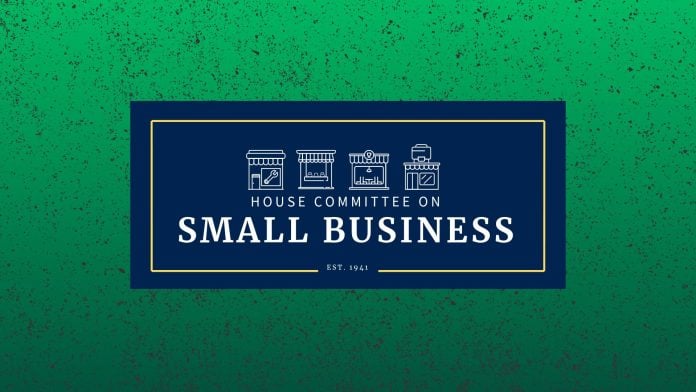In the lively arena of small business, a critical challenge looms: access to federal contracts. Recent discussions led by the House Committee on Small Business have highlighted the pressing need to reform this process, opening new avenues for small business contractors.
At a recent hearing titled “Leveling the Playing Field: Fostering Opportunities for Small Business Contractors,” Subcommittee Chairman Nick LaLota emphasized the pivotal role of small businesses in the economy. Remarkably, they account for 99% of U.S. businesses and create over half of all jobs. Yet, when it comes to government contracting, the narrative shifts drastically. “Less than 30% of federal contractors are small businesses,” LaLota pointed out, illustrating an alarming trend that could stifle innovation and competition.
The federal procurement system, described as riddled with barriers, forces many small businesses to sit on the sidelines. Compliance costs and complex regulatory requirements can be unmanageable for smaller enterprises. In just four years, the government piled on nearly two trillion dollars in new costs coupled with 359 million additional hours of paperwork. LaLota highlighted the grim reality: “For small businesses working with the government, compliance can mean paying $15,000 per employee per year, which is over 20% more than what larger firms face.”
This daunting environment often dissuades small businesses from even attempting to bid on federal contracts. The challenges compound when federal contracts are bundled into larger solicitations, effectively sidelining smaller contractors who might have been able to fulfill those contracts directly. LaLota noted that this practice pushes small businesses into subcontractor roles, further diminishing their opportunities for growth.
One critical issue identified during the hearing is the language in federal solicitations. Many contracts are immersed in complex jargon that requires a legal background to decipher. The findings from a Naval Postgraduate School study are particularly telling: fewer than 3% of Department of Defense solicitations are written in plain English, with most needing at least a college education to understand. “If a business owner can’t even figure out what product or service the government wants to buy, how can they fairly compete to provide it?” LaLota asked, shedding light on the unfairness embedded in the current system.
To address these concerns, LaLota introduced the Plain Language in Contracting Act, a measure designed to require federal agencies to draft solicitations clearly and concisely. He emphasized that this legislation won’t add to taxpayer burdens but will significantly enhance accessibility for small businesses. “When contracts are written in plain language, small businesses can make faster, more informed decisions,” LaLota explained. “They don’t need to hire expensive lawyers just to submit a bid.”
The implications of this reform are manifold. For small businesses, simpler language in solicitations could mean increased participation in federal contracting, leading to enhanced competition and better value for taxpayers. Furthermore, by aligning strategies with the deregulatory efforts of the Trump Administration, which aims to cut red tape and simplify procurement processes, the legislation is positioned to rejuvenate federal contracting opportunities for small businesses.
The importance of these reforms cannot be overstated. By fostering an environment where small businesses can compete more effectively, the government can tap into a wealth of innovative solutions and strengthen the industrial base. LaLota’s call to action resonates with small business owners striving for fairness and transparency in government contracting, encouraging them to engage with policymakers on these pressing issues.
The hearing also aimed to elicit feedback from witnesses about their experiences and ideas on improving the federal contracting landscape for small business contractors. As these discussions unfold, small businesses nationwide can keep a keen eye on the developments in legislation that could drastically alter their ability to participate in government contracting.
As the efforts to “level the playing field” for small business contractors continue, small business owners should consider how these potential changes might impact their operations and explore ways to engage with new opportunities once the barriers are dismantled. For further details on this critical initiative, visit the original announcement here.
Image Via BizSugar



